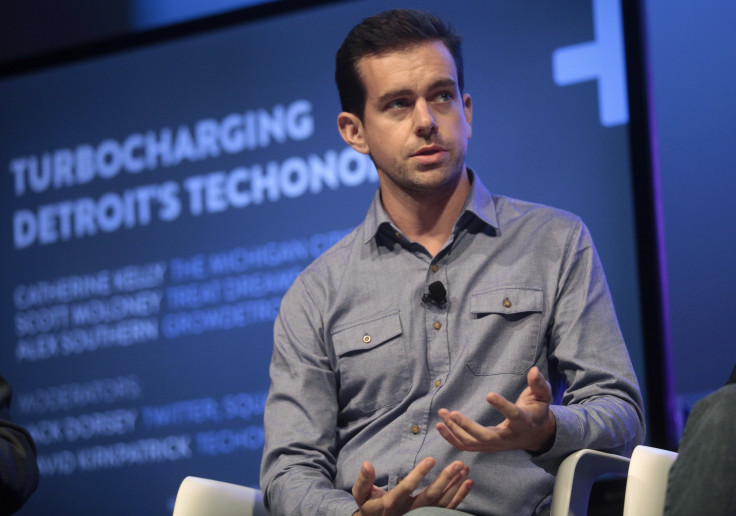Jack Dorsey's Square Files For IPO, To Trade Under 'SQ' On New York Stock Exchange

SAN FRANCISCO -- Jack Dorsey is set to become the chief executive of two public companies, as Square announced Wednesday it has submitted its Form S-1 with the Securities and Exchange Commission and intends to hold an initial public offering, likely before the end of 2015. Dorsey has been at the helm of Square since the company's founding in 2009.
Square, a digital payments company, is currently valued at $6 billion. Once public, it will trade under the ticker "SQ" on the New York Stock Exchange. Square said it has not yet determined how many shares will be offered or what its opening price will be, but the initial registration is for $275 million.
Square saw year-to-year net revenue growth of 54 percent -- from $552 million in 2013 to $850 million in 2014 -- the company said in its filing. During the same period, the company saw its net loss increase by 47 percent -- from $104 million to $154 million.
Besides leading Square, Dorsey two weeks ago also became chief executive of Twitter, a company he also helped co-found. Critics and investors have questioned whether Dorsey will be able to successfully lead both Twitter and Square, especially as the latter goes through the difficult process of becoming public.
Now he will have to simultaneously lead Square's road show to potential investors while turning around Twitter.
Under risk factors in its filing, the company noted that Dorsey also serves as CEO of Twitter, saying: "This may at times adversely affect his ability to devote time, attention and effort to Square." That's a criticism many who were against Dorsey's appointment as Twitter CEO share.
"Between Square and Twitter, Jack will be dealing with an enormous amount of volatility in the public market and scrutiny in the tech media, and it’s unclear if anyone wants the job of running two firms with enormous scrutiny," Johnny Won, founder of consulting firm Hyperstop, said. "With the S-1 outlining all the risk factors at Square, this will be the hardest job in tech."
Additionally, Square said its "growth may not be sustainable" and depends on gaining new sellers as well as maintaining existing ones, which typically do not sign long-term contracts. That scenario has already played out with Starbucks, which agreed to use Square to handle digital payments in 2012 but has already been moving away from the partnership and onto other payment systems, including Apple Pay.
"As a result, our total net revenue may decrease meaningfully in the future," Square said about Starbucks. "Our sellers and other users of our services have no obligation to continue to use our services, and we cannot assure you that they will."
For Square, the key is to have effective marketing for the product and secure top-level deals that can make up for losing Starbucks and ensure the company's revenue continues growing, Phil Davis, founder of Philstockworld.com, said. "If they don't want their growth to seriously stall, they have to get that IPO money, and they can't afford to risk the market turning sour," he said.
© Copyright IBTimes 2025. All rights reserved.





















